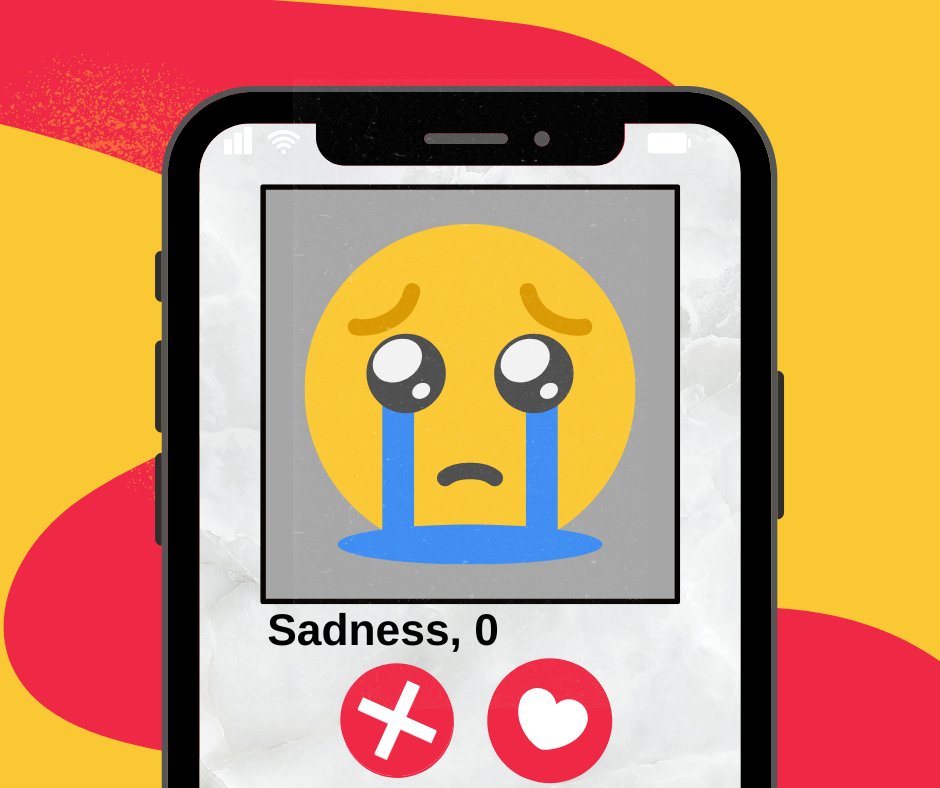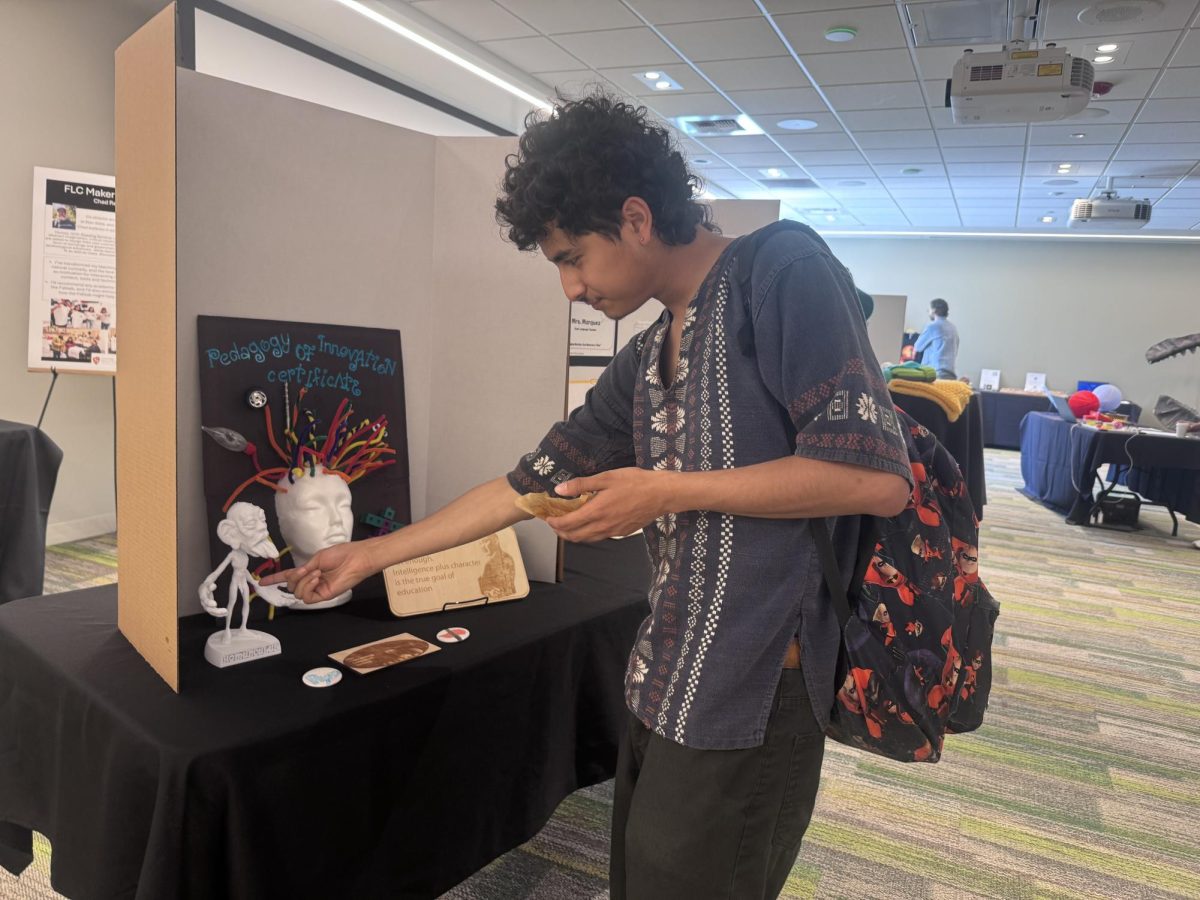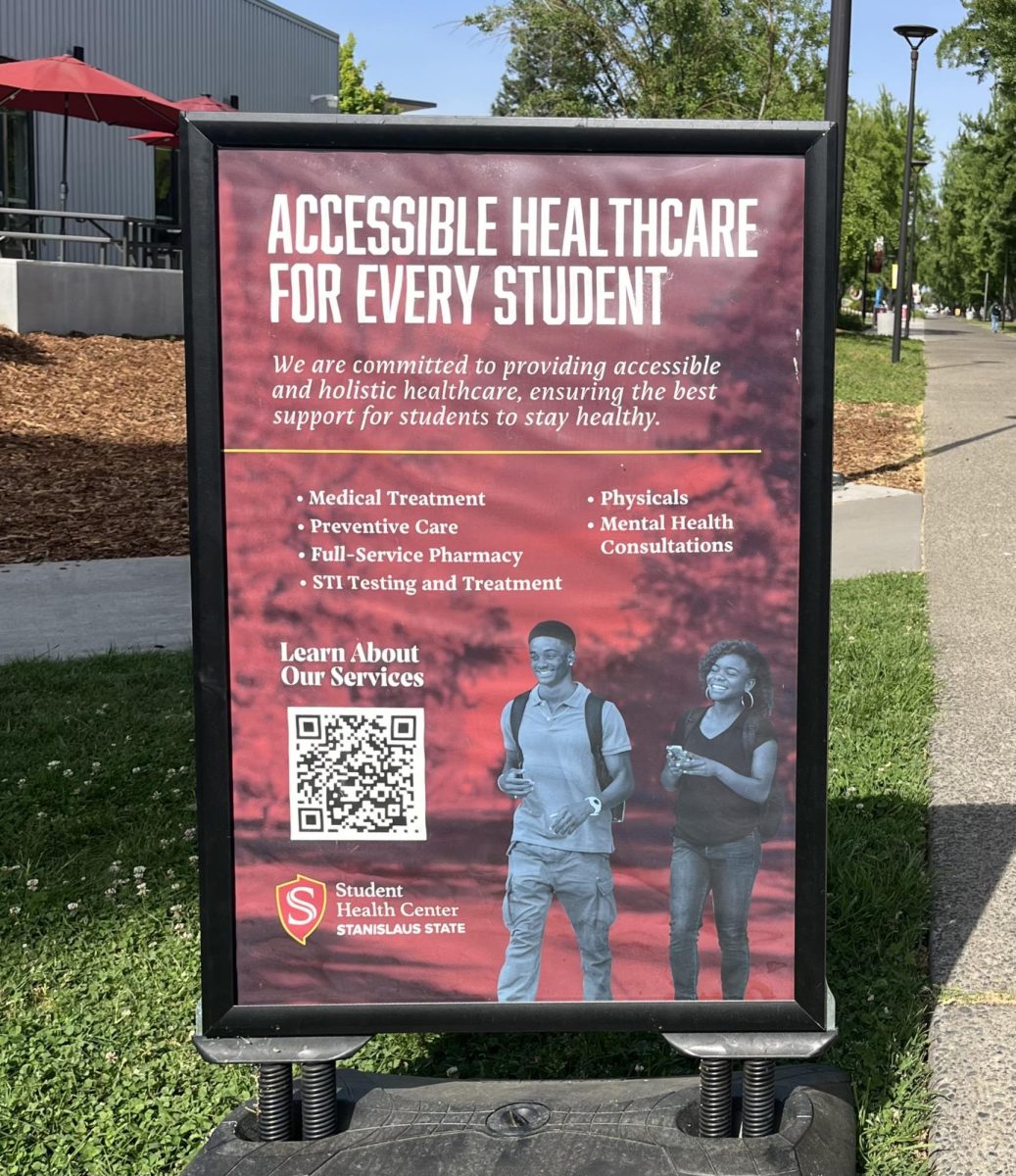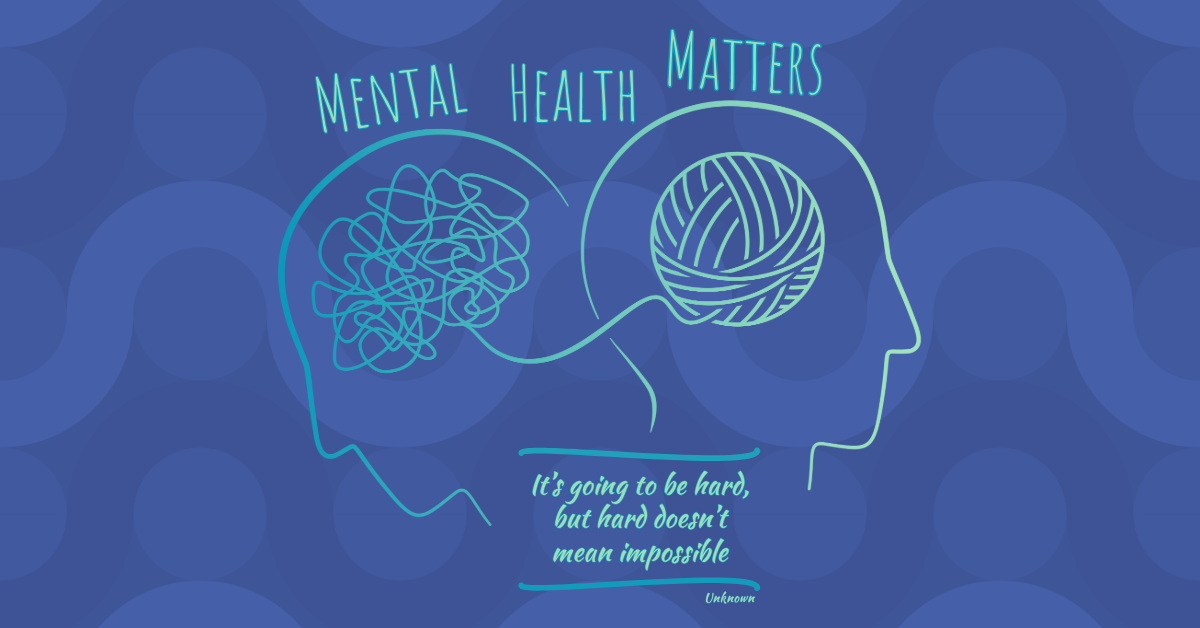Have you ever thought that dealing with emotions is similar to Tinder swiping? We have the option to either choose to face or neglect certain emotions. And oftentimes, we do it unintentionally. Like Tinder, you are able to swipe left (not interested) or swipe right (interested) on a person. Experts and students chime in on methods for facing our emotions rather than neglecting and bottling them up.
Dr. Kelly Cotter, psychology associate professor, defines emotion and elaborates on psychologists’ views of the subject.
“Emotions are feeling states. Psychologists refer to these feeling states as emotional affect, not to be confused with the verb form of the noun effect,” Cotter stated. “Many psychologists believe that humans are born with basic innate emotions like happiness, sadness, anger, fear, and disgust, and as humans grow and their cognitive and social skills develop they develop more complex emotions, like guilt, shame, and pride.”
It’s evident that emotions during earlier life aren’t as complex, and as we get older we can see new emotions are discovered. Cotter also shared her thoughts on how individuals can connect with their emotions thoughtfully and intentionally.
“I think mindfulness is a great way to experience the present, including emotions,” she said. “Paying attention to how one is feeling takes practice and our attentional resources are often pulled in multiple directions, so it can be difficult to be aware or to pause and take notice. We have a lot of distractions.”
Natalie Henderson, director of marketing at Jessica’s House—a support group for mourning families—shares strategies her staff uses to connect with emotions.
“We invite our families to write emotions down by doing mindfulness activities such as a mindfulness walk where we identify what they see, taste, smell, touch and hear,” she said. Henderson shared how participating in these sensory activities can help alleviate or release negative feelings. She said another activity is to write feelings that come to mind for two minutes.
While experts suggest certain exercises to improve our emotional well-being, students have different strategies to manage their emotions.
Jackie Villasenor (senior, Health Science) manages her emotions through her own strategies, including letting herself feel exactly what she’s feeling in an exact moment.
“If it’s a negative emotion, I know it will pass and it’s not permanent,” she said. “If it’s a positive emotion, I take that time to be productive and share those emotions with others. Some tips I would suggest to face your emotions is to remind yourself that emotions are what make us human and if they’re negative, they’re not permanent.”
If you or someone you know if having a hard time managing or dealing with the stresses of life, consider making an appointment with Counseling & Psychological Services.



















